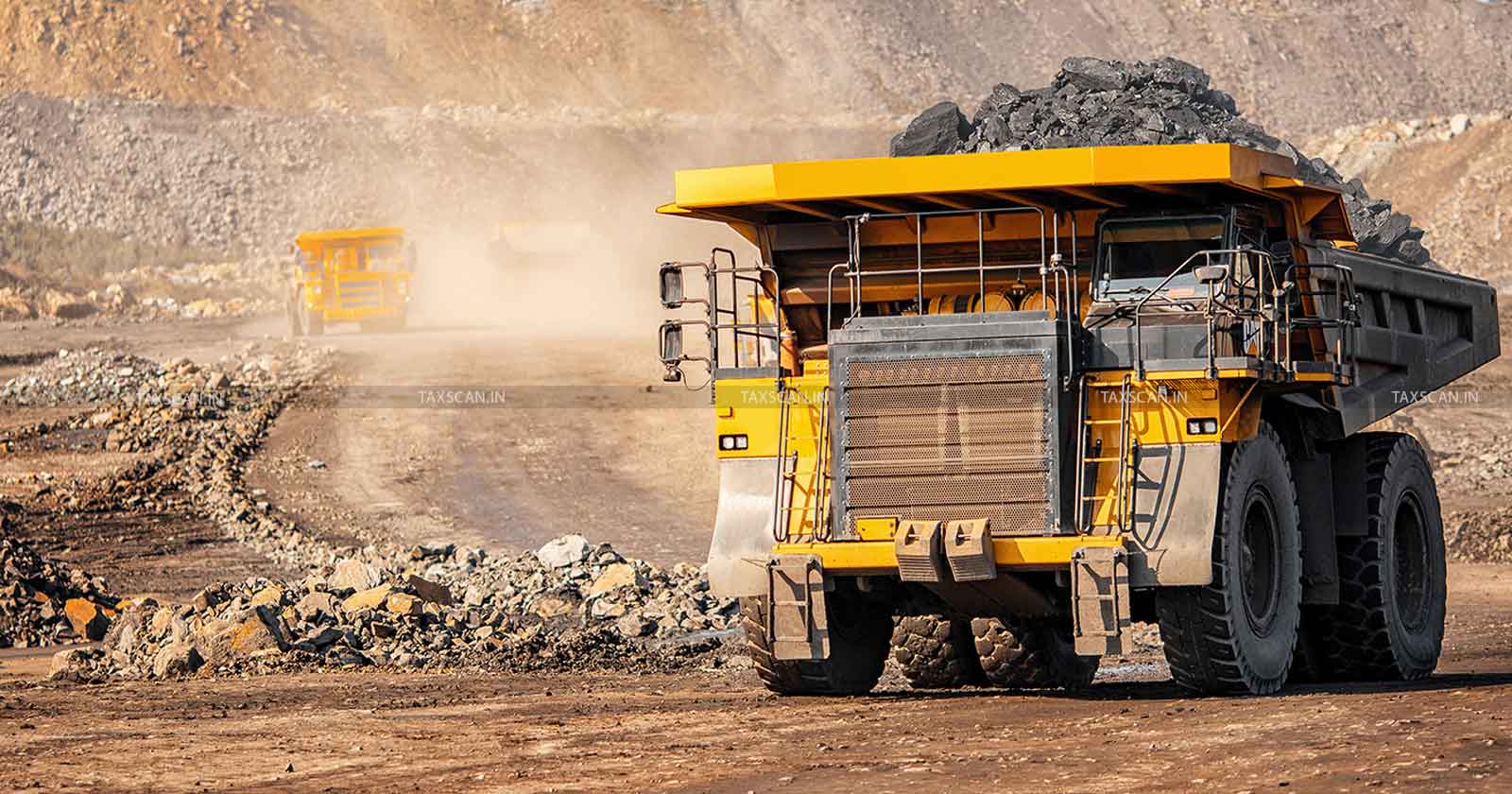Mining Tax Decision to Apply Retrospectively from April 1, 2005: Supreme Court [Read Judgement]
The judgement effectively overturned the precedent set by the India Cement Ltd. vs. State of Tamil Nadu case, which had held that state legislatures lacked the competence to impose certain mining-related taxes

Supreme Court – Tax Decision – Mining Tax Decision – Mining tax April 2005 ruling – Supreme Court mining tax ruling – taxscan
Supreme Court – Tax Decision – Mining Tax Decision – Mining tax April 2005 ruling – Supreme Court mining tax ruling – taxscan
In reaffirming the landmark decision, the Supreme Court of India has ruled that the imposition of mining taxes by state legislatures will apply retrospectively from April 1, 2005.
This ruling, delivered on August 14, 2024, by a bench headed by Chief Justice Dr. Dhananjaya Y Chandrachud, stems from the case Mineral Area Development Authority vs. Steel Authority of India Ltd.
Ready to Grow? Choose a Course That Fits Your Goals!
Read More: "Royalty is not Tax", Supreme Court Affirms States' Right to Levy Tax on Mining Rights
The legal dispute began decades ago, centering on whether state legislatures had the authority to impose taxes on mining royalties and related activities under the constitutional framework. In the India Cement case of 1990, the Supreme Court had ruled that such levies by the states were invalid. This judgement was upheld for over three decades, during which state legislatures' attempts to levy these taxes were continuously challenged and often stayed by courts.
However, the issue was reignited by the Supreme Court's decision in Kesoram Industries Ltd. vs. State of West Bengal in 2004, where the court took a divergent view, stating that royalties were not taxes and could be imposed by state governments. The conflicting interpretations necessitated a reference to a larger bench, leading to the current ruling.
The Supreme Court's decision in the Mineral Area Development Authority case marks a significant shift in Indian tax jurisprudence. The court concluded that the state legislatures indeed possess the authority to levy taxes on mining activities under Entries 49 and 50 of List II of the Seventh Schedule of the Constitution. The ruling explicitly applies retrospectively to transactions made since April 1, 2005, reversing the long-standing position that had shielded industries from such levies.
Ready to Grow? Choose a Course That Fits Your Goals!
Chief Justice Chandrachud, writing for the majority, noted that prospective overruling was not suitable for this case due to the substantial revenue implications and the need for a uniform tax regime. The court also considered the significant reliance on the previous legal framework by both state governments and industries over the past decades. Despite this, the decision underscores that retrospective application is necessary to rectify past judicial errors and ensure consistency in the application of constitutional principles.
It was held by the Supreme Court that, “The submission that MADA ( supra ) should be given prospective effect is rejected.
Ready to Grow? Choose a Course That Fits Your Goals!
Bearing in mind the consequences that would emanate from the past period, the following conditionalities are directed to prevail:
a. While the States may levy or renew demands of tax, if any, pertaining to Entries 49 and 50 of List II of the Seventh Schedule in terms of the law laid down in the decision in MADA ( supra ) the demand of tax shall not operate on transactions made prior to 1 April 2005;
b. The time for payment of the demand of tax shall be staggered in instalments over a period of twelve years commencing from 1 April 2026; and
c. The levy of interest and penalty on demands made for the period before 25 July 2024 shall stand waived for all the assessees”.
Ready to Grow? Choose a Course That Fits Your Goals!
The ruling has far-reaching implications for both state governments and the mining industry. State governments are now empowered to collect taxes on mining activities retrospectively from 2005, which could result in significant financial burdens for mining companies, including public sector undertakings like the Steel Authority of India Ltd. The total amount due, including principal and interest, is expected to be substantial, potentially exceeding several thousand crores.
To mitigate the immediate financial impact on the industry, the court has allowed for staggered payments of these tax liabilities over a period of twelve years, starting from April 1, 2026. Additionally, the court has waived any penalties and interest on demands made for the period prior to July 25, 2024.
The Supreme Court ruling is a decisive moment in Indian fiscal policy, reaffirming the authority of state legislatures to impose taxes within their constitutional mandate.
Ready to Grow? Choose a Course That Fits Your Goals!
While the decision addresses long-standing legal ambiguities, it also introduces new challenges for the mining sector, which must now grapple with the financial and operational implications of retrospective tax demands.
To Read the full text of the Order CLICK HERE
Support our journalism by subscribing to Taxscan premium. Follow us on Telegram for quick updates


